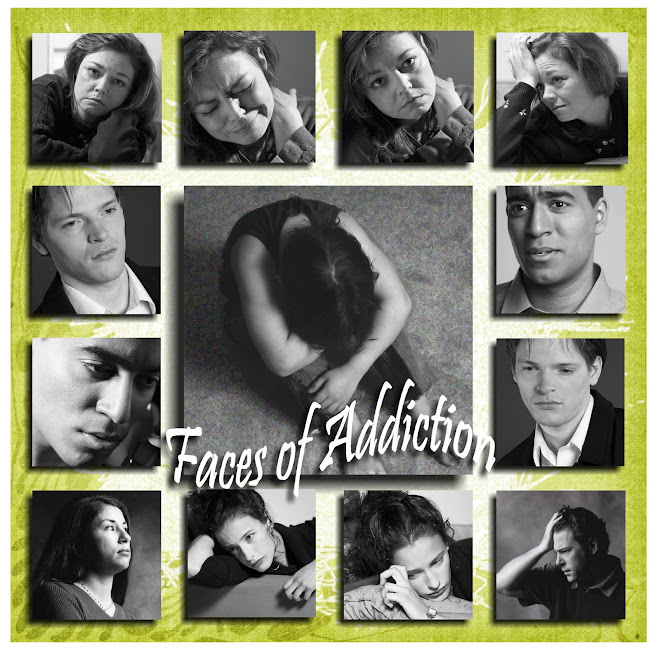
The key principle of Step 4, Truth, is “Make a searching and fearless written moral inventory of yourself.” In this step, the addict creates this written inventory of his or her life, summarizing the thoughts, emotions, events and actions of life that led or contributed to addiction. The manual, Addiction Recovery Program: a Guide to Addiction Recovery and Healing, provides detailed instructions on how to prepare for, organize and construct this moral inventory. The manual outlines four necessary elements of this inventory – writing, honesty, support and prayer.
The thought of writing a detailed, searching and fearless inventory of ourselves is overwhelming. Completing the inventory will take time, but there is no need to rush through it. In listening to the sharing of recovering addicts who have completed this step, two things are very clear:
1. The written inventory will take a very substantial amount of time and will be difficult.
2. The completed moral inventory was the key to addiction recovery and served to lift the burden of years of damaging behavior and relationships.
Addiction clouds one’s ability to search within and honestly reflect about his or her life. Before the addict can rely on the Savior for help in overcoming addiction, a framework is needed to allow Him to help sort out the past honestly. A written moral inventory provides this framework.
As we prayerfully and honestly open our hearts and put our feelings in writing, we will find that the Holy Ghost will be with us to “bring all things to our remembrance”. To quote the manual, “When you prayerfully write about your life, you give the Holy Ghost an opportunity to help you see and understand the potential lessons that come from each of your experiences.”
After years of damaging behavior, Alma the Younger was forced to do a searching moral inventory of his past sins and relationships:
“I did remember all my sins and iniquities, for which I was tormented with the pains of hell; yea, I saw that I had rebelled against my God, and that I had not kept his holy commandments.” Alma 36:13
Remembering our sins, weaknesses and imperfections and prayerfully writing them down is a painful but necessary process. However, as with Alma the Younger, this difficult process can propel us into a new life of peace and happiness. It took a miracle to turn Alma’s life around. Miracles have not ceased, and miracles can work in our lives to help us overcome addiction, sin and transgression.
I testify that as you commit the significant time required to truthfully write about your past, your damaging behavior and relationships, thoughts, actions and places that contributed to your addiction, little by little, the windows to your heart and spirit will open and light will enter.
“Ye shall know the truth, and the truth shall make you free.” John 8:22










No comments:
Post a Comment